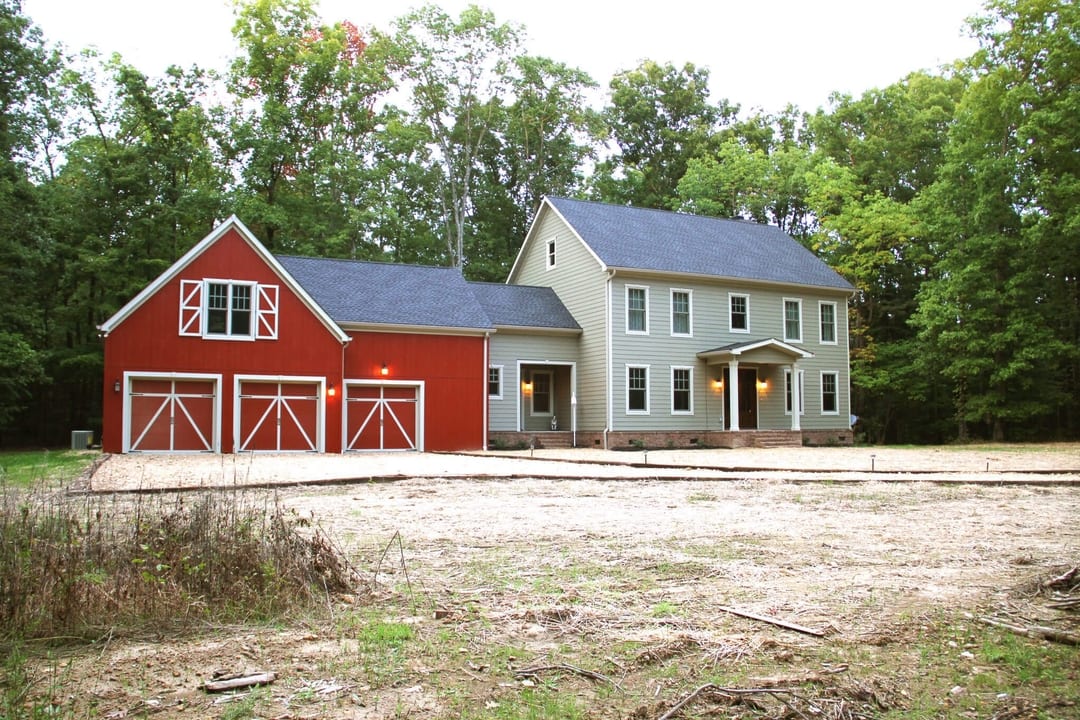Your Well Just Went Dry. Now What?

It's a situation that no one who relies on well water wants to be in. What's worse is that it is a situation everyone who relies on well water knows they will be in eventually, and it could be one hundred years from now or tomorrow. If you don't have a backup plan, you could be without running water for weeks or longer. So, what do you do if your well has been acting up or not producing water at all? Luckily, there are options, and one option, in particular, may completely change how you think about getting water to your house.
Signs Your Well Is Running Dry
If your well hasn't entirely run dry, that is good because it allows you to explore other options. Here are a few signs that your well will be dry soon, so you should start thinking about what you are going to do.
Your Water is Muddy or Sandy
The lowest part of a well usually has mud or sand; when the water is low, the pump will pull that sediment into your pipes.
A Change in Taste
For the same reason, you may notice a change in the taste or color of your water. As the pump begins to drag in that sediment, even if it is dissolved, it will change the consistency of the water.
When Your Pump Acts Up
If you notice changes to the way your pump is performing, there is a chance your well is running dry. Of course, it could just be your pump too, but if it is making strange noises or not getting water to the house consistently, it may be a sign that your well is running dry.
Air in Your Faucets
When you turn your water on, if they are blowing straight air or water is sputtering out, it is a safe bet that your well is dry and you need an alternative immediately.
What are My Options?
When your well runs dry, a few options exist to restore water to your house.
Drill Another Well
The first option that most people would think about is drilling another well. However, there is no guarantee that another place on your property will have water, and you will be right back in the same position of waiting for that well to run dry. Drilling a new well also takes time and costs a lot of money for something that is a gamble at the end of the day.
Hook Up to City Water
City water is a reliable water source, but it has multiple downsides. First, depending on where you live, hooking up to city water may be impossible or so expensive it's practically impossible. If you can hook up to city water, it is another bill to pay, and you have to deal with the condition of the water, including hardness and whatever chemicals the city pumps into the water.
Rainwater Harvesting
Rainwater harvesting is the best of both worlds. It allows you to have a safe and reliable water source without being on the grid and paying the city every month. A rainwater harvesting system has few downsides, which are negligible if they ever occur.
How Does Rainwater Harvesting Supply My Whole House?
The idea of living off of rainwater may worry some people, but there are plenty of people who do it and never run out of water. Any time it rains or even snows, rainwater drains off your roof and into a holding tank on your property that can be above ground, partially buried, or wholly underground. When you are ready for water, the same type of mechanical pump that pumps well water to your house pumps the rainwater to your house. The one significant difference is that the water and pump are closer to your home, so that you will notice an improvement in water pressure.
What Happens If It Doesn't Rain?
One of the main concerns people have when considering a rainwater harvesting system is what happens if it doesn't rain. While that is a valid concern, the likelihood of you ever running out of water is slim. First, we pull the precipitation data for your area for the past 100 years so we know how much water you can expect and how big your tank should be.
There are two additional options in case your tanks ever run low. Suppose you have another water source, like a well or city water. In that case, our rainwater harvesting system will automatically switch to that system when the tanks run low and switch back when adequately filled. Our rainwater harvesting tanks also come with a fill port to add water from an outside source. Most fire departments will be willing to fill your tank for a nominal fee, so you never have to worry about running out of water.
How Does the Quality of Rainwater Compare?
Another question many people have when considering rainwater harvesting is the water quality. Sometimes people don't believe it is some of the purest and softest water you can find anywhere. Since rainwater comes from the sky, it doesn't pass through mineral-rich substances like rocks and sand, so it doesn't pick up the minerals that create hard water. That means switching to a rainwater harvesting system will be easier on your pipes and appliances and allow you to ditch the water softener.
Now, rainwater isn't perfect because it can pick up pollutants from the air and bacteria from decaying debris or bird droppings on your roof. Don't worry, though; a built-in purifying system ensures your rainwater's purity. When the water first goes into your tank, it passes through a filter that removes large debris so only water gets into it. When you are ready for the water, it passes through a multi-stage purification system, so by the time the water makes it to your faucet, it is the cleanest and purest water you can find.
Is It Worth the Risk?
If you even think your well may be running dry, you should consider your next step today. The last thing you want is for your well to run completely dry and leave you without a potable water source. You also put yourself in an emergency situation where you are forced to make decisions that could cost more. A rainwater harvesting system is the most economical and safe way to replace a dry well while staying off-grid. Contact us to learn more about the installation process and schedule a consultation today.
Ready to Take Control of Your Water Supply?
Don’t wait for water shortages or unreliable sources to disrupt your life. With our Rainwater Harvesting systems, you can enjoy a sustainable, reliable, and completely self-sufficient water solution tailored to your home’s needs.

